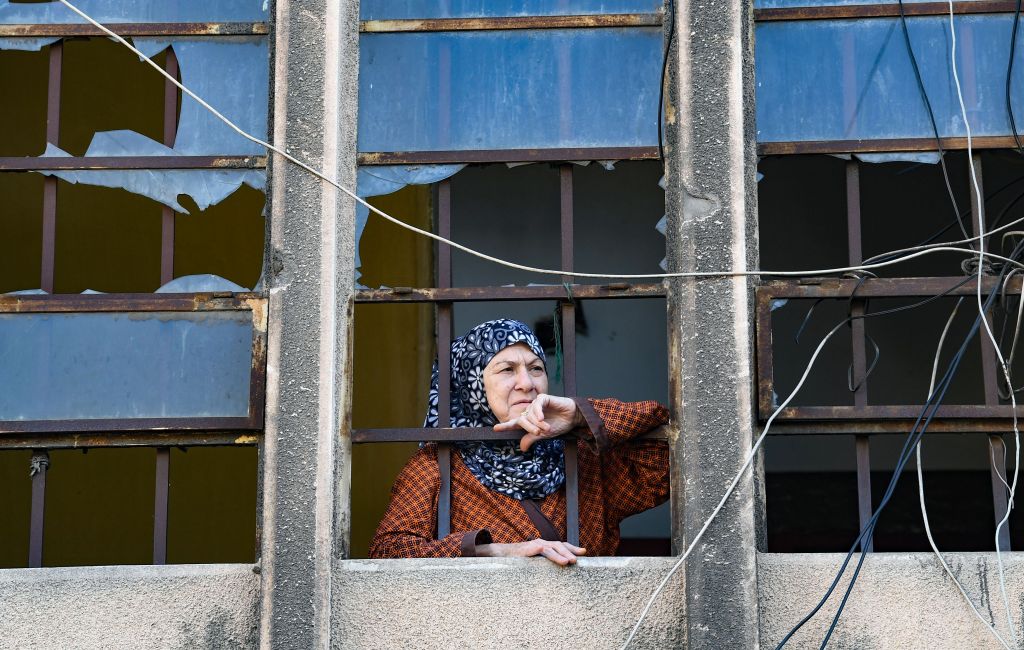About 300,000 Lebanese whose homes were damaged in the Beirut explosion are struggling with a lack of access to clean water and sanitation, the United Nations warned Friday.
The severe damage to water and sanitation facilities has fuelled concerns about the spread of disease compounding Lebanon’s miseries, as the country grapples with a coronavirus outbreak and a major economic crisis. The country went into lockdown last Friday to combat a major surge in COVID-19 infections since the blast.
Videos by VICE
“When communities don’t have access to this critical necessity, the risk of water-borne diseases, as well as COVID-19, can skyrocket,” UNICEF’s Lebanon representative Yukie Mokuo said in a statement.
The 4th August chemical blast in Beirut’s port killed more than 180 people, wounded more than 6,000, and caused severe damage to property within six kilometres of its epicentre, with damage registered up to 20 kilometres from the blast site.
While aid groups are still assessing the damage from the blast, they’ve found hundreds of buildings with damaged water systems. About 120 are completely disconnected from the main water network, but remain occupied, UNICEF Lebanon spokeswoman Raquel Fernandez told VICE News from Beirut.
“What has happened is mainly rooftop water tanks and plumbing systems in buildings close to the blast are damaged,” she said. “We’re trying to replace as many water tanks as possible.”
Of the estimated 300,000 people whose homes were damaged or destroyed in the blast, about 100,000 are children. Fernandez said many families whose homes were damaged, but not destroyed, were staying put and getting by with humanitarian assistance, while others were being taken in the extended family networks.
“People are facing many challenges, but they are supporting each other,” she said. “Solidarity is at the heart of this.”
With sanitation critical to efforts to control the spread of coronavirus, the challenges in accessing clean water has led to concerns of a further surge in cases. “The authorities are very aware of how the consequences of the explosion could trigger more COVID cases,” Fernandez said.
Cases doubled in the fortnight following the explosion, as the virus spread in hospitals where victims were receiving treatment. Lebanon’s caretaker prime minister Hassan Diab said Wednesday that the country was at risk of losing control of the outbreak amid the latest surge.





